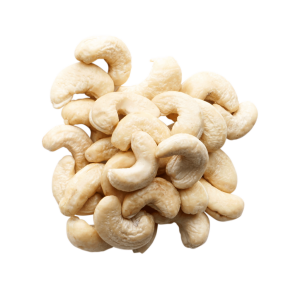BACKGROUND: Previous studies showed that Health-Related Quality of Life (HRQL) significantly improved after the food challenge, with greater improvements in HRQL after a negative outcome than a positive outcome. It is currently unknown whether this also occurs in patients undergoing DBPCFCs with cashew nut in the context of a clinical trial. METHODS: Quality of life was studied in children enrolled in a cashew nut study using food allergy quality of life questionnaires (FAQLQs). Children, teenagers and parents of the children completed the questionnaires before the challenge test and 6 months after the DBPCFC with cashew nut. The difference in the change in HRQL between the children with a positive and negative DBPCFC outcome was studied by Mann-Whitney U test. RESULTS: In total 112 children (67 boys, median age 9 yrs.) were included. The children, teenagers and parents of the children completed in total 143 sets of questionnaires. There were no significant differences in baseline total and domain scores compared to the follow-up scores in the FAQLQ-CF, -TF and -PF. In children, the delta FAIM score in the negative DBPCFC tested group was significantly better than the delta FAIM score in the positive challenged group (p= 0.026). There were no significant differences in the changes in the scores of the FAQLQ-CF and FAQLQ-PF in the children with a positive challenge outcome, compared to the children with a negative challenge result. However, there was a significant difference in the change in score between the latter groups in the domain ‘accidental exposure’ of the FAQLQ-TF (p=0.049). CONCLUSION: This study showed no difference in change of HRQL scores after a DBPCFC with cashew nut in children participating in a clinical trial. The utility of HRQL as an outcome for clinical trials in food allergy may be limited if participant baseline HRQL is relatively unimpaired. This article is protected by copyright.
